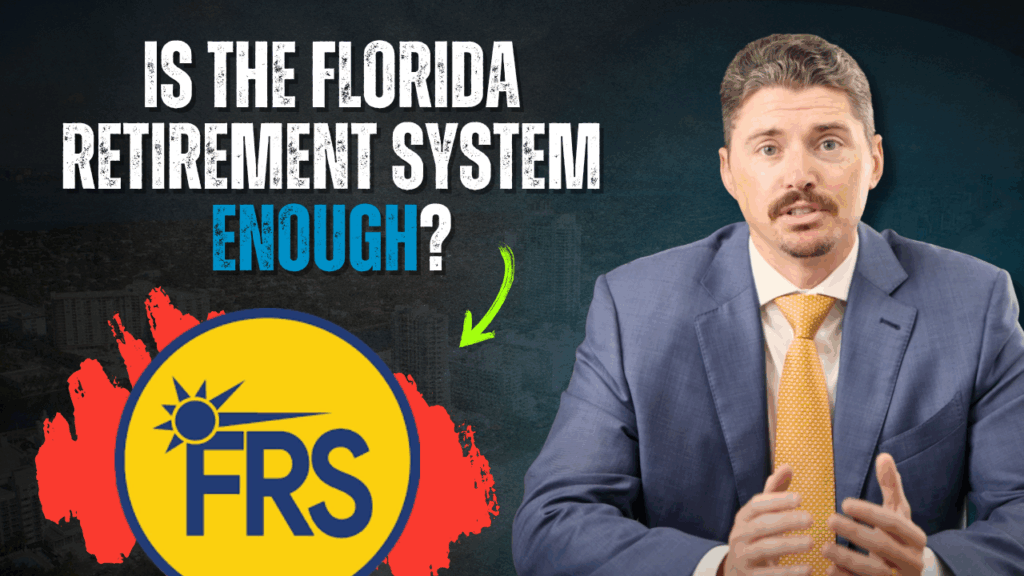For those that have access to it, the Roth 401(k) is one of, if not the absolute best account you can save money in.
Most people understand that the Roth 401(k) and Traditional 401(k) are different ways to save for retirement and have many benefits…. But there is one key benefit that the Roth 401(k) has — and the Traditional 401(k) doesn’t — that no one ever talks about. And it can make a huge difference to your financial future if used correctly within the scope of a comprehensive financial plan.
Now even though a Roth 401(k), like the Traditional 401(k), is designed to benefit you down the road when you reach retirement, it is the immediate benefit that people like to focus on. This is why Americans contribute over twice the money each year to Traditional 401(k)s instead of Roth 401(k)s. They want that tax deduction this year to save on their tax bill. And while this feels great during that year, all you are really doing is kicking that tax problem down the road, as you are going to owe taxes on that money at some point in the future… and if your investments have grown, you are going to owe taxes on all that gain as well. The problem is more like rolling a wet snowball down a snowy slope!
Many people feel that the tax deduction they get this year will eventually benefit them because they will be in a lower tax bracket when they withdraw the money in retirement. It is arguable if this will actually be the case for many Americans, as we are currently paying historically low taxes. It is also debatable because when you factor in the taxes you will owe on all the growth in the account, it just might not be as beneficial as you think.
But the benefit of the Roth 401(k) that most people don’t know about is the fact that when you take that money out in retirement, not only is it tax-free, but that income does not count towards making your Social Security taxable.
Let’s take a look….
If you only receive Social Security in retirement and live within the United States, your Social Security is generally not taxable.
But Social Security is taxable if you have other income and reach certain thresholds…
A quick and easy way to see if your Social Security may be taxable looks like this…
Take half of your Social Security amount + all your other income (except Roth IRA monies)
And if that totals more than…
$25K for single filers or $32K for married filing jointly, then you will probably owe taxes on your Social Security. Taxes on your Social Security start with having only 50% of your benefit taxed and quickly move up to a maximum of 85% being taxable.
Now, here’s an example…
Let’s say that you have had a nice career and have now reached retirement age. You would like to start drawing your Social Security benefit and finding out you will get $2,000 a month ($24K a year) from Social Security. Since you didn’t want to just count on Social Security one day, you also contributed to your Traditional 401(k) at work every year and now have $1M in that account. You decide to start taking out $50K a year from that to supplement your Social Security for a total of $74K a year. Sounds like a nice plan, right?
Well, let’s see…. half of your Social Security ($12K), plus the $50K withdrawal from your IRA puts you into the highest taxable threshold for your Social Security. In this example, all of the $50K from your IRA would be taxable and 85% of your Social Security would now be taxable as well. You would owe a little over $10K in taxes, of which $5,200 would be on your Social Security, leaving you with a real income of just under $64K a year. Ouch!
Now, let’s look at what would have happened if the only difference was that you put your money into a Roth 401(k) at work each year during your career and not into the Traditional 401(k), and at retirement, you had the same $1M balance in your Roth 401(k)…. You take out the same $50K a year on top of your Social Security, for the same $74K of income, but since withdrawals on a Roth IRA are tax-free, and also have no impact on your Social Security for tax purposes, you would owe absolutely no taxes at all — on any of your income! You would have over $10K a year more in your pocket than in the previous example.
That small tax deduction you are getting this year doesn’t sound as good anymore, does it? …Not when you take your entire financial plan into account and don’t just think about this year!
This is just one of the benefits of using a Roth 401(k) at work and many people don’t even know about it. That’s because with everything going on in their lives, most people are not thinking about their retirement tax situation today. If you would like to partner with a financial advisor that would make sure you are taking advantage of opportunities like this through proper financial planning, then feel free to send me an email, schedule a meeting, or connect with me on LinkedIn.



















